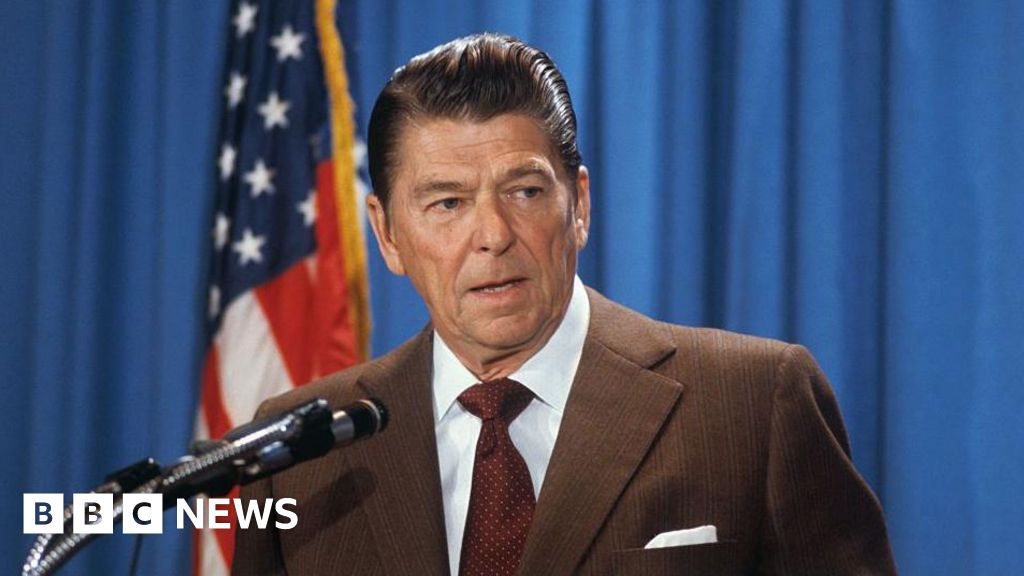INDIANAPOLIS — The day after talking with commissioner Cathy Engelbert and ownership representatives, WNBA players here for All-Star weekend characterized the meeting as a “missed opportunity.” But they also expressed hope for more constructive discussions as both parties work toward a new collective bargaining agreement.
Players spoke with the media Friday at Gainbridge Fieldhouse following Thursday’s gathering that included at least 40 WNBA players. Last fall, the players’ union opted out of the current agreement, which went into effect in 2020, with the hope of having a new CBA in place by October.
The WNBA calendar necessitates an agreement by then or as soon as possible afterward, especially considering the league must conduct an expansion draft for new franchises in Portland and Toronto for the 2026 season. Last year’s expansion draft for the Golden State Valkyries was in December.
“We’re on a time crunch. No one wants a lockout,” said All-Star team captain Napheesa Collier of the Minnesota Lynx. “But at the end of the day, we have to stand firm, and we’re not going to be moved on certain topics. So hopefully the league comes back quickly so that we can get have more dialogue, more conversations and can get the ball rolling.”
Union president Nneka Ogwumike of the Seattle Storm said she wished the strong turnout by the players Thursday had produced more.
“This was a very historical way for players to show up, and they understood how big the moment was,” Ogwumike said. “We were hoping perhaps more would be yielded given the engagement. I don’t anticipate us having another meeting with that many players involved.”
Players said two areas that both sides seemed to mostly agree on are family planning and retirement benefits. But on some key issues — revenue sharing, salary structure and prioritization — they are still far apart.
Prioritization means putting the WNBA firmly ahead of playing in other leagues, such as those overseas or American-based leagues Unrivaled, which was founded by Collier and the New York Liberty’s Breanna Stewart, and Athletes Unlimited that are set in one city in the January-March time frame. Since the WNBA began in 1997, it’s been common for players to earn additional income playing elsewhere during the WNBA’s offseason.
That came to a head in the last CBA negotiations, when the league’s owners insisted on a stricter commitment from players to the WNBA from training camp onwards.
The Seattle Storm’s Gabby Williams said she thinks the WNBA would like to push the other leagues aside and get year-round commitment from players for the WNBA, but that the salaries being offered don’t support that. Collier added that while she didn’t sense the WNBA is against leagues such as Unrivaled, “You can’t have exclusivity without paying for it.”
The players entered Thursday already a little concerned about the WNBA’s lack of a prompt response to the union’s offering five months ago. In February, the players sent the league an initial proposal and then a follow-up. The league did not respond to that until June 13.
“We have a strength in numbers,” Stewart said. “[The] meeting was good for the fact that we could be in the same room as the league and the Board of Governors and that type of thing. But I think, to be frank, it was a wasted opportunity. We could have really kind of gotten into a deeper dive of everything.
“Based on their most recent proposal, we just aren’t able to get to a place where we’re actually even talking about the same thing. So I think that’s the hardest thing — our first offer and then their counter was, like, black and white.”
Stewart’s teammate and fellow All-Star starter Sabrina Ionescu said there wasn’t enough time for substantive progress to be made Thursday, but she wasn’t discouraged.
“[We were] able to listen to Cathy and her team on how they obviously want the best for us as well, and trying to kind of be able to figure out what that is,” said Ionescu, who was a senior at Oregon when the last CBA was signed. “Obviously, they want to succeed just as much as we do, like we are trying to find a middle ground to where both parties are happy.”
The players said the experience of union president Nneka Ogwumike, who was in the same role for the 2020 CBA, is a bonus. She and union executive director Terri Jackson and Engelbert, who took over as commissioner in the summer of 2019, all have done this before.
However, the league’s financial footprint has changed a lot since 2019. Golden State became the WNBA’s13th team this year, and the league will expand to 18 teams by 2030. The valuation of franchises has skyrocketed since 2019, and the league has signed a new television rights deal.
That’s why revenue sharing is such a key point of emphasis for the players.
“Rev sharing is truly transformational,” Los Angeles Sparks guard Kelsey Plum said. “We want a piece of the entire pie. Not a piece of part of the pie. We’re a resilient group. We know the unity it takes to be able to [get] the outcome desired.”
Liberty guard Natasha Cloud said while she doesn’t doubt the sincerity of both sides to reach agreement, it must be understood that for the purpose of negotiations, they are adversaries.
“We’re not going to be holding hands through the CBA,” she said. “We’re fighting for what we’re due, what we’re worth, our value. They’re going to be fighting for what they think protects the business. Our job is to find the common ground. But that doesn’t mean we keep taking the crumbs of the pie.”
ESPN’s Kendra Andrews and Alexa Philippou contributed to this report.
Source link


